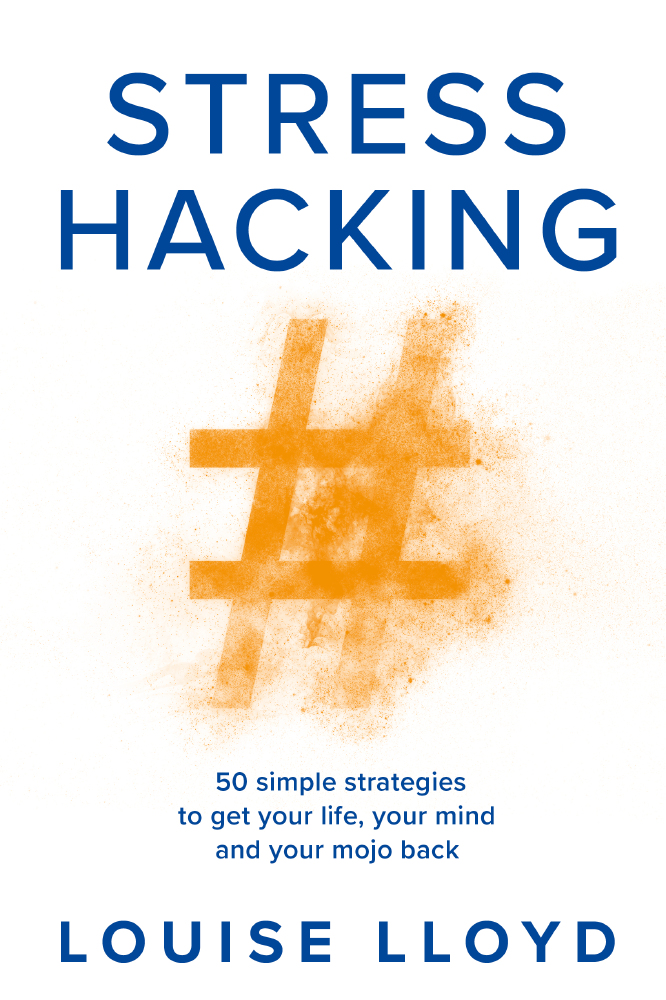Being in lockdown and the uncertainty over the last year has led to a record number of us reporting increased levels of stress. But how do you recognise the signs when you’re stressed and what are the best ways to avoid them so that they don’t lead to overwhelm and then anxiety? Jo Howarth is a qualified mindfulness practitioner and the Founder of the Happiness Club (www.thehappinessclub.co.uk), an online app that helps people with their mental and emotional well-being. Here is her expert take on keeping an eye out for those all-important signs of stress:

Jo Howarth
Are you stressed?
Do you know?
Would you know how to recognise that stress might be creeping in to your life?
Stress occurs when there is an imbalance between the resources and abilities you have at your fingertips and the demands that are placed upon you. That imbalance can start off a chain reaction of responses in us that can cause a huge variety of physical, emotional and behavioural signs and symptoms.
Stress can affect our ability to get good quality, restful sleep and enough of it. Are you finding it hard to nod off at bedtime? Maybe your mind just keeps whirring, going over and over the same issues or maybe you drop off to sleep without a problem but then wake up 16,000 times in the night?
Stress can affect our immune system too. Do you find yourself constantly catching a cold or the next bug or generally feeling under the weather more than usual? Do you recover from one illness only to catch another and another?
Stress can cause that brain fog feeling - that inability to concentrate properly or focus on anything for long enough to get things done. And sometimes stress can make it near impossible for us to be able to make even the simplest of decisions.
Stress can bring a huge range of other signs and symptoms with it, skin complaints such as Eczema and Psoriasis, digestive problems such as IBS, irritability and anger, becoming withdrawn and insular, joint pains, palpitations, poor timekeeping, poor nutrition, unkempt appearance, messy living and working environments, extreme sweating and being over-emotional to name but a few. Stress also goes hand in hand with Anxiety. I call them the Ant & Dec of Mental Health issues, they are separate but you will, very often, find them in the same room.
There are so many potential signs and symptoms of stress that we can look out for in ourselves and in those we care about, but what can we actually do about it? How can we help ourselves to reduce those stress levels?
The direct opposite of the stress response is the relaxation response. It sounds obvious but the more you can initiate the relaxation response in yourself, the more it will counteract the effects of the stress response.
But relaxation is something that a lot of people struggle with. We live in a busy world and we are busy people. We have a lot to do and a lot to think about. We are taught to do, do, do and not to rest, rest, rest. So, when we stop and try to relax it can often be quite hard. How do we do it?
Your breath is one of the most powerful tools at your disposal. We can use it to calm both our physical system and our minds. And the best bit? It’s completely free to use!
My favourite breathing exercise is one called Heart Breaths. It’s really simple. All you do is breathe in slowly, from your belly, for the count of 5. Then hold that breath for the count of 2 and then slowly release and breathe out for the count of 5.
If you can, close your eyes while you do it, as it enhances the effect, but you can also use it with your eyes open. It’s so simple, you can even do it while you sit at your desk or while you’re cooking tea.
You can do one round of the breath or as many as you need to bring yourself back to that place of being calmer, to create some headspace.
Another way to bring yourself into the relaxation response is to very simply and purposely relax your muscles. You can work your way from your feet up to the top of your head, focusing on each area, tensing them first and them letting them go or you can simply tune in to wherever you can feel the tension in your body and relax there. So, for instance, we tend to hold a lot of tension in our shoulders, neck and jaw areas. Purposely dropping your shoulders can release a lot of that tension, purposely unclenching your jaws will have a similar effect. Start paying attention, at different times of the day and in different situations to where you are experiencing tension in your body and practice just letting it go.
The more you relax, the less you will experience that stress response and I hope this means you will start looking after yourself by taking that time just to relax.
RELATED: Seven ways to hack stress during lockdown
Whilst so much is out of our control and there are many things we can’t do, keep shifting your focus into what is in your control and what you can do. Take things one day at a time and in the words of Theodore Roosevelt, ‘do what you can, with what you have, and where you are.’...

Tagged in Stress

